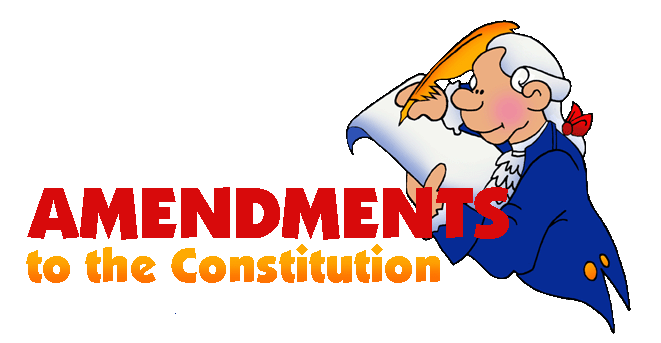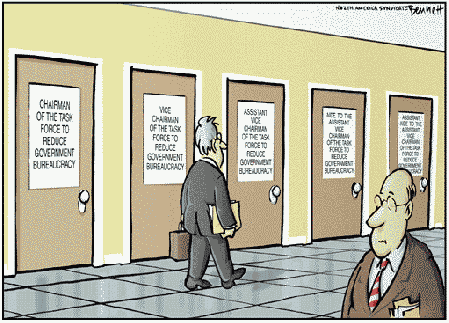In Texas, our citizens are mulling over whether or not to approve seven amendments to our state constitution (which, by the way, has almost 500 amendments already). Perhaps your state is also proposing similar initiatives or proposals for amending your state’s constitution during this current election cycle. On a national level there is an entire laundry list of proposed amendments that individuals want added to our US Constitution. However, in considering all of these, may I recommend that you not just evaluate the proposed amendment as something that sounds good to you or would personally benefit you, but rather that you step back and look at the bigger picture of how these proposals fit into the framework of what a constitution is supposed to be.
The purpose and function of a constitution, whether state or national, can be summed up in these three points:
- To define the structure of the government and its duties;
- To define the areas of the government’s authority; and
- To define the scope and limitations of the government’s powers.
This is true even of tyrannical governments that generally have constitutions also (e.g., the old Soviet Union). However, in a free society a constitution is also put in place to protect the freedom and liberties of the people from government overreach. Such was the stated purpose by our founders for their authoring of the US Constitution (and the same as well for all of the state constitutions).
Thomas Paine rightly summed up these purposes with these words:
“…when there is a constitution which defines the power, and establishes the principles within which a legislature shall act, there is already a more effectual check provided, and more powerfully operating, than any other check can be….the check is in the constitution, which in effect says, ‘Thus far shalt thou go and no further’” – The Rights of Man, Part II, chapter 4.
So in considering whether or not to ask your US Representative or Senator to propose a particular amendment, or to vote for a resolution to amend your state constitution, remember:
- To examine each one, not by the immediate and apparent personal benefit you would receive, but rather by whether or not it fits with the definition of the purpose and function of a constitution;
- If a proposed amendment is legislative or regulatory in nature and therefore best handled in that fashion or through existing laws/agencies, then it should not be added to the constitution;
- To take into consideration any special interest groups/PACs that are advocating, pushing for, financing or lobbying in behalf of a particular amendment, and if the proposed amendment would be of special benefit to them as opposed to everyone;
finally, and most importantly,
- Amending a constitution is a really, REALLY, REALLY BIG DEAL, and should not be taken lightly or without serious thought and evaluation.
-October 30, 2015









